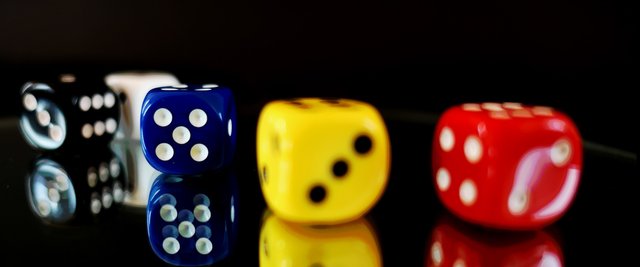Gambling Operant Conditioning
Classical conditioning involves , while operant conditioning involves. Reflexive behaviors; voluntary behaviors after repeated pairing the sound of a bell with food being placed in a dogs mouth, the sound of the bell alone will make the dog salivate. At this point the sound of the bell is an. Skinner uses gambling as an example of the power and effectiveness of conditioning behavior based on a variable ratio reinforcement schedule. In fact, Skinner was so confident in his knowledge of gambling addiction that he even claimed he could turn a pigeon into a pathological gambler (“Skinner’s Utopia,” 1971).
Why People Enjoy Betting
The Lure of Gambling Online
Eye-catching graphics, spinning wheels and close-wins keep gamblers motivated and playing. Rewards, no matter how small create a pleasure sensation in the brain, a form of operant conditioning (explained in a moment). What could be more satisfying for a gambler nursing a slot machine all evening than the sound of clattering coins in the tray? With online gambling on the rise, there is an equivalent sound and graphic to spur the gambler on. Such rewards create an altered psychological state that becomes addictive. This part interested me. How could I describe this altered state of mind for the reader, even though I do not have a gambling habit myself?


Why People Play Gambling Games

On closer inspection, I learned that gambling companies use every trick in the book to keep their customers betting, such as the following:
- The ambient atmosphere of casinos and arcades relax the customer and make the activity feel more private. It is easy to lose track of time when in an intimate setting.
- Some casinos offer free drinks and cheap buffet meals and place chairs only at slot machines or tables. This might compel a tired customer to sit and relax, and perhaps have a flutter.
- Loyal customers earn free or cheap ‘play time’ which implies the customer is getting a great deal from the establishment’s facilities, but in fact loses out.
- Exchanging money for chips or vouchers to spend in casinos takes away the reality of what is lost, as the plastic lacks the feel of real money.

Problem with Gambling
Although not a gambling addict myself, like many people, have found certain things addictive. Take Tetris for one. In pure operant Pavlovian style I have experienced the surge of satisfaction each time a row of tiles flicker away. Two hours can seem fleeting whilst playing Tetris. Little better was Angry Birds and Bejeweled. The bright graphics and the little fanfairs create that altered psychological state that gamblers are addicted to.
Operant Conditioning and Gambling Rewards



